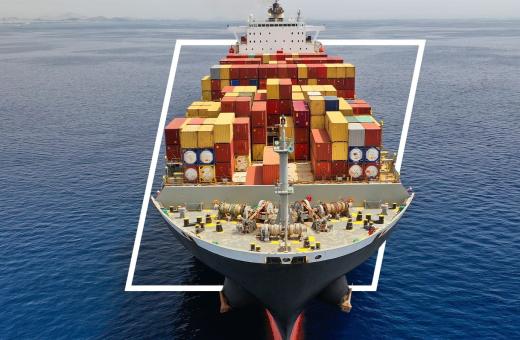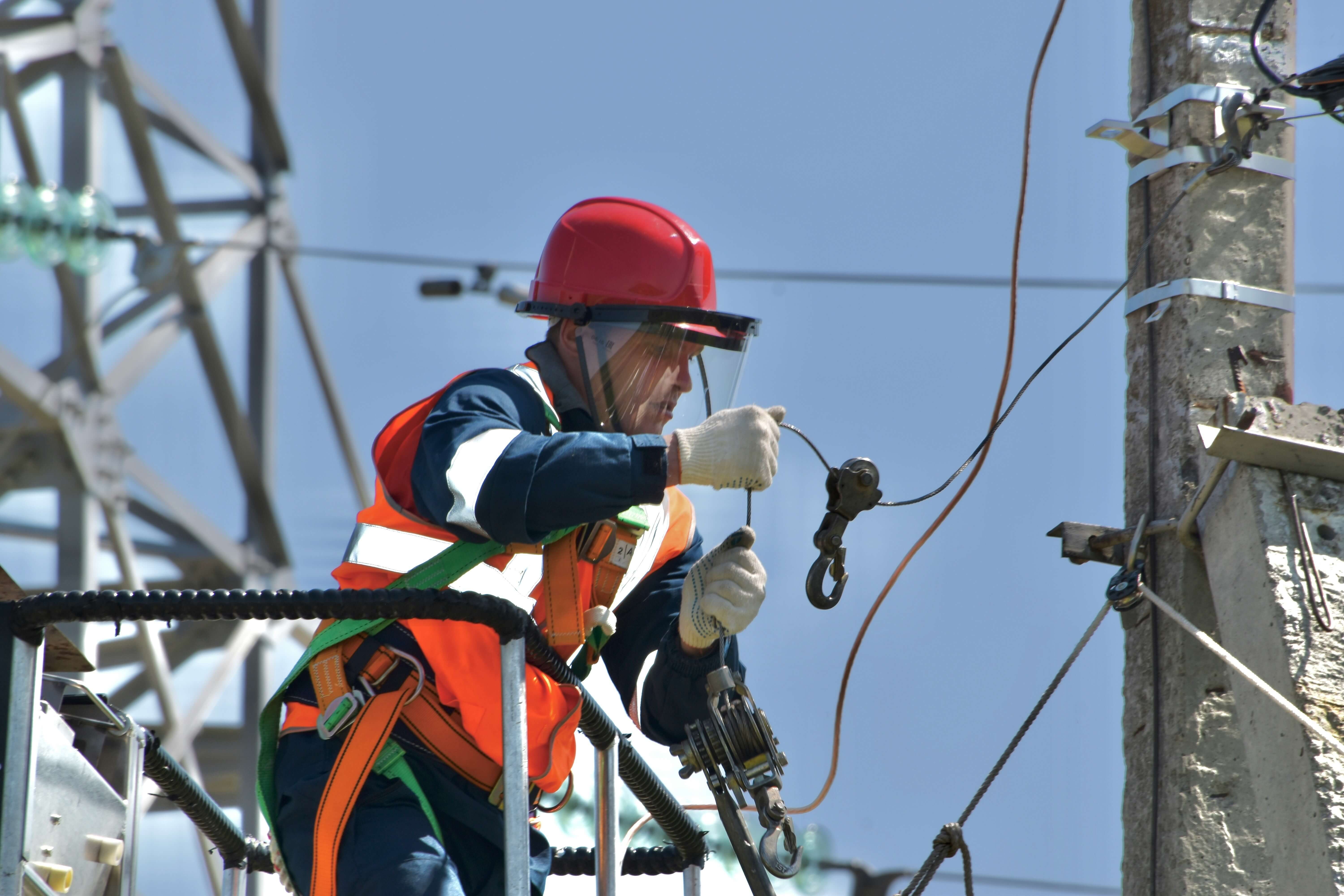10 Ways Technology and Renewable Energy Investment Will Affect the Shipping Industry
28 Jun, 202210 minutes
Did you know that the global shipping industry contributes around 3% of all greenhouse gases?
As governments and organisations around the world sign up for ESG initiatives, it’ll be interesting to see how the shipping industry will be affected. When this is combined with the continued investment into technological functions that increase health and safety, there’s a positive future on the horizon.
From AI and machine learning driving employee efficiency to a shift in the needs of our available talent, here are our 10 predictions that all shipping companies should be aware of.
(Source: SHM Group)
The impacts of technology investment on the shipping industry
Venture capital investment into the shipping industry is at an all-time high, with billions of dollars being distributed to R&D in vessel technology every single year (Source: Trade Winds News).
1. Efficient processes
Today, huge leaps are being made in artificial intelligence and RPA software. Both of these are intended to automate work scheduling and keep business processes running smoothly. By redesigning how standard procedures are managed, employees can benefit from clear working expectations.
2. Stronger decision making
Similarly, the advancement in big data, analytics programs, and cloud-sharing IoT devices allows vessel teams to communicate with onshore intelligence to make the best decisions for their business.
3. Safer employees
Further investment into technology, such as the work done by industry-leader Rombit, is also going to reduce the risk of malfunction in vital equipment and machinery. Technical applications can now run H&S checks and report critical issues. Alongside this, navigation software is also improving – keeping fleets on track and reducing the chance of human error that puts employee lives at risk.
4. Reduced wastage
One technology designed and innovated by NatusLabs is even driving greater fuel economy. Over the course of the next few years, this will start to allow vessels to consume fewer materials per the same amount of miles travelled. Soon, NatusLabs also plans to “solve the multi-billion dollar problem of wasted fuel in the shipping industry”.
5. Stricter regulations
The news isn’t all positive, though. The ongoing development of technology is actively placing many businesses in the limelight for making environmentally responsible decisions.
For example, oil spills must now be reported within 72 hours and pollution prevention certificates are a legal responsibility that must be upheld. With radio technology continuing to grow stronger, there is no longer any excuse viable for not following the law.
No matter where they are in the world, captains can easily communicate with mainland crew to report any mishaps.
6. Greater project management
Stronger communication channels are starting to be used to the benefit of the shipping industry, too. Combined with HRM software, employee schedules can be automated and reminders can be sent out. This allows crewing managers to better organise where employees need to be and when. As a result, projects should operate smoothly without any delay.
The impacts of renewable energy investment on the shipping industry
Ongoing renewable energy investment could have some interesting benefits (and consequences) on the shipping industry. Either way, vessels need to adapt to the demands of governments and consumers in reaching net-zero goals. 
(Source: The Global Economic Forum).
1. Reduced environmental impact
By 2050, the adoption of hydrogen-fuelled vessels could eradicate a significant portion of the greenhouse gases produced by our industry.
2. Social responsibility
By adopting renewable technologies, shipping companies could witness a positive impact on their brand reputation. As a result, prospective employees currently working with competitors might consider moving jobs.
3. Accountability
However, as the options for ethical business practices continue to grow and start to become more accessible, vessel managers will find themselves held accountable by their consumers and business partners alike.
The rise of social media allows people to challenge companies who aren’t doing their part to reduce greenhouse gases, and, despite the huge cost of purchasing more sustainable vessels, many firms may not have a choice.
4. Talent shift
Another secondary impact of renewable energy investment on the shipping industry is the shift of labour and talent over to growing offshore projects, where their qualifications are in high demand. Over the past few months, average salaries have been on the rise (Source: Network World), especially on offshore wind farms.
For 2022 and beyond, vessel owners will need to prepare to:
- Prioritise employee wellbeing to retain talent
- Increase benefit and salary packages
- Rework their recruitment processes.
What does this mean for the shipping industry?
While it seems that technological and renewable energy investment is set to increase both safety and efficiency for the majority of vessels, the software being developed is often expensive to purchase and maintain.
Alongside onboarding costs, employees will need to be trained to embrace the different software applications to their maximum potential.
Therefore, to retain their competitive edge, shipping companies are going to have to be agile and strive toward continuous improvement (a process that often places extra workload pressures on individual staff members).
Ultimately, in order to succeed in their digital transformation, shipping companies will need a concrete HRM and recruitment strategy.
Firms would be well advised to change their approach to talent attraction and retention if they want their teams to support the ongoing changes. When making hiring decisions, crewing managers should look for:
- Digital proficiency
- Ability to work under pressure
- Excellent leadership and teamwork skills.
This way, they can source qualified employees who are calm in times of vast change and can be creative when designing solutions. This way, shipping companies can respond to the evolving demands of the market, utilise incredible technology, and secure a profitable growth strategy.
Hire offshore talent through Select Offshore
Select Offshore delivers maritime professionals who are reliable, communicative, and enthusiastic. We adhere to tricky deadlines to secure project success through:
1. Executive search
2. Contract staffing
3. RPO solutions
Our team strongly believes in celebrating each of the individuals we work with, dedicating time to find them desirable offshore placements.
Is the next one with you? Contact us now.


